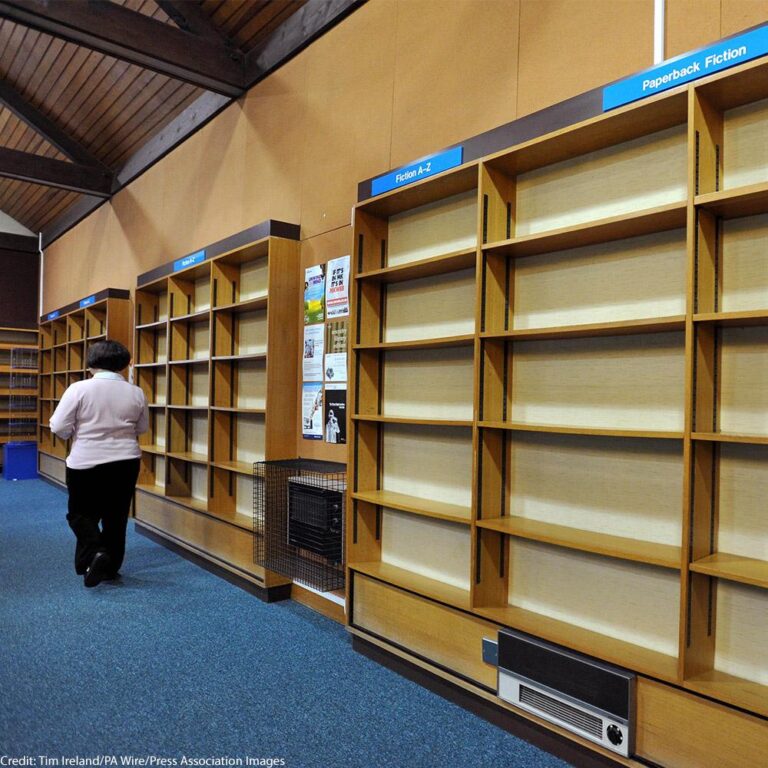Examining the Rising Debate Over Book Bans in Texas School Libraries
Controversial Books Challenging Texas School Communities
Across numerous school districts in Texas, a contentious debate has emerged surrounding the availability of certain books in school libraries. A vocal faction of parents is advocating for the removal of approximately 50 titles, citing concerns over content they deem unsuitable for students. These concerns primarily focus on themes involving race, gender identity, and sexuality. This movement has ignited a broader discussion about censorship, the boundaries of educational content, and the importance of literature in addressing complex societal issues.
Among the most frequently challenged works are acclaimed novels and graphic novels that delve into nuanced social topics. Authors such as Angie Thomas and Alex Gino have faced scrutiny for their portrayals of marginalized communities. Below is an overview of some of the frequently contested books and the central themes that have drawn criticism:
| Book Title | Author | Core Controversy |
|---|---|---|
| The Hate U Give | Angie Thomas | Exploration of race relations and police brutality |
| George | Alex Gino | Transgender identity and acceptance |
| Gender Queer | Maia Kobabe | Sexuality and gender self-discovery |
| Stamped | Jason Reynolds & Ibram X. Kendi | Critical race theory and systemic racism |
- Concerns over explicit material: Scenes some parents find inappropriate for minors.
- Political and ideological content: Fears that certain books promote a singular political perspective.
- LGBTQ+ representation: Opposition rooted in parental rights and religious convictions.
Key Themes Driving the Controversy in School Libraries
Many of the challenged books tackle sensitive topics that have sparked intense debate among parents and community members regarding their suitability for school-aged readers. These works often address issues related to race, gender identity, and sexual orientation, prompting discussions about the balance between educational enrichment and exposure to potentially contentious material. Other themes include depictions of violence, family complexities, and historical narratives that some argue may be too mature or politically charged for younger audiences.
This controversy mirrors larger cultural conflicts unfolding across the United States, reflecting ongoing tensions around freedom of expression, parental authority, and the diversity of perspectives accessible to students. The following list outlines the primary themes that frequently appear in the books under scrutiny:
- LGBTQ+ Experiences: Stories highlighting sexual orientation and gender identity journeys.
- Race and Ethnicity: Narratives addressing systemic racism and historical inequities.
- Sexuality and Relationships: Open discussions about intimacy and personal relationships.
- Social and Political Activism: Content related to protests, civil rights, and contemporary social movements.
- Graphic or Mature Content: Inclusion of violence, explicit language, or adult themes.
| Theme | Main Concern | Example Subject |
|---|---|---|
| LGBTQ+ Experiences | Age appropriateness and parental consent | Coming out narratives |
| Race and Ethnicity | Potential for divisiveness or bias | Discussions on systemic racism |
| Sexuality and Relationships | Explicitness of content | Exploration of intimacy |
| Social and Political Activism | Ideological influence concerns | Coverage of protest movements |
| Graphic or Mature Content | Suitability for age group | Violent or explicit scenes |
Consequences of Restricting Access to Diverse Literature
Limiting the availability of diverse books in school libraries significantly reduces students’ exposure to a broad spectrum of cultural, racial, and social perspectives. Removing literature that reflects varied identities and experiences diminishes opportunities for young readers to develop empathy, critical thinking, and a deeper understanding of the world around them. When only select narratives are accessible, it risks reinforcing stereotypes and marginalizing students who do not see their realities represented.
Studies consistently demonstrate that engagement with diverse viewpoints correlates with improved academic performance and social awareness. However, the recent efforts in Texas to ban over 50 titles predominantly target books that address race, LGBTQ+ identities, and historical injustices—subjects that challenge students to critically evaluate societal structures. Such restrictions may inadvertently promote ignorance and social fragmentation rather than fostering inclusivity and mutual respect.
- Racial and ethnic diversity: Literature portraying Black, Latino, Indigenous, and Asian American experiences.
- LGBTQ+ representation: Stories exploring gender identity, sexual orientation, and acceptance.
- Historical awareness: Books examining systemic racism and civil rights movements.
| Category | Representative Titles | Perspective Provided |
|---|---|---|
| Racial Diversity | The Hate U Give, New Kid | Modern Black youth experiences and challenges |
| LGBTQ+ | Gender Queer, Simon vs. the Homo Sapiens Agenda | Coming-of-age tales centered on identity and acceptance |
| Historical | Stamped, March | Explorations of racism and civil rights history |
Strategies for Harmonizing Parental Concerns with Academic Freedom
Addressing parental apprehensions while preserving educational freedom requires a balanced and thoughtful approach that honors diverse viewpoints. Facilitating open communication among parents, educators, and school leaders is crucial to build trust and collaboratively resolve content-related issues without restricting access to a wide array of ideas. Implementing transparent book review policies with clear standards for educational value and literary quality can help ensure decisions are fair and evidence-based rather than reactionary.
Schools might also consider adopting measures such as:
- Parental opt-out options that allow families to exclude their children from specific materials without removing books from the entire library.
- Contextual notes or content warnings to provide readers with background information or alerts about sensitive topics.
- Diverse advisory panels including educators, parents, and students to recommend inclusive titles and oversee contentious selections.
| Approach | Advantage |
|---|---|
| Transparent Review Process | Enhances fairness and community trust |
| Parental Opt-Out | Respects individual family choices |
| Advisory Committees | Incorporates multiple perspectives |
Final Thoughts on the Book Ban Debate in Texas
The ongoing controversy over the removal of certain books from Texas school libraries reflects a larger national conversation about censorship, educational content, and the representation of diverse voices in literature. Both proponents and opponents of these bans recognize the profound impact such decisions have on students’ access to information and the variety of perspectives they encounter. As school districts and policymakers navigate these complex issues, the dialogue highlights the delicate balance between honoring community values and safeguarding intellectual freedom within education.







